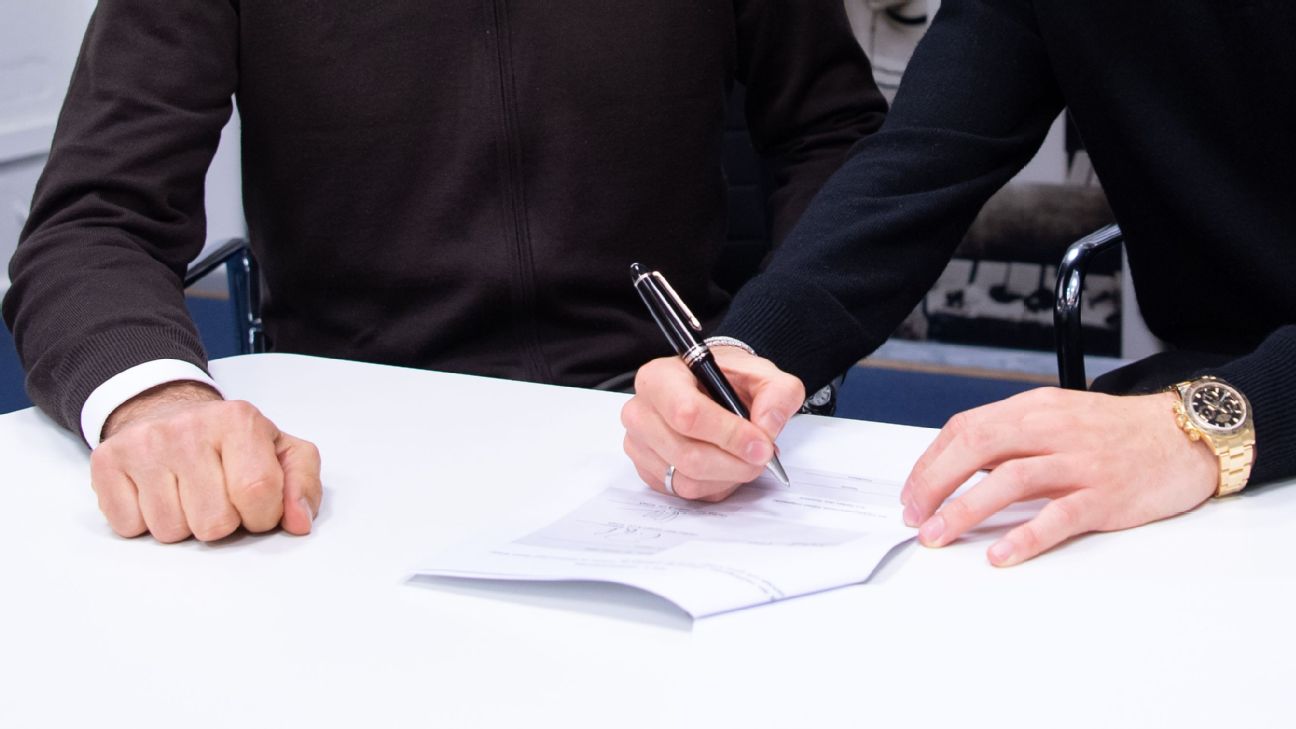With age, a person may have a decrease in their essential functions, their main capacities, six in number: nutritional, physical, mood, sensory (hearing and vision) and cognitive. A reduction that presents risks in terms of loss of autonomy.
The WHO (World Health Organization) has developed tools and set up a program, Icope, to detect these vulnerabilities. “This program is offered to people over 60 who live at home and are independent in their daily life. The novelty, explains Sandrine Vidou, nurse coordinator in the geriatric evaluation unit of CHAC, is that we have proposed to develop it within the Covid vaccination center, which opened two weeks ago, since it is currently aimed at the elderly. ”
A test in the hospital
Thus, during their waiting or monitoring time, people received at the center are invited, if they wish, to carry out a test. “This allows us to detect if there is a deficiency in their capacities, and especially to make a follow-up since the evaluation is to be done every four months.”
About ten minutes with questionnaire and physical exercises, to allow such rapid screenings. All the results and data feed into an application (Icope Monitor) and initiate regular monitoring. “The person can download this app on their mobile and self-assess every four months.” Data transmitted simultaneously to the Gérontopôle in Toulouse, which is the main coordinator of this program with the support of the ARS.
In Couserans, around the Chac, 8 nurses have received specific training to administer this assessment. “Another good example of this city-hospital link, illustrates Sandrine Vidou, since I work in collaboration with liberal nurses, trained, who come to provide evaluations at the vaccination center.”
All this comes within the framework of the monitoring of the loss of autonomy of the elderly person. A significant issue in Couserans, with an aging population pool, “to push back dependency and age as long as possible in good health … at home.”
–


